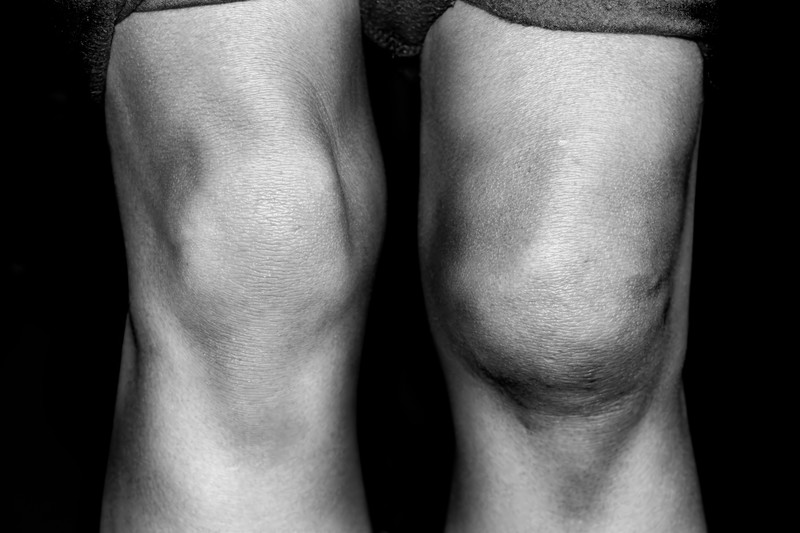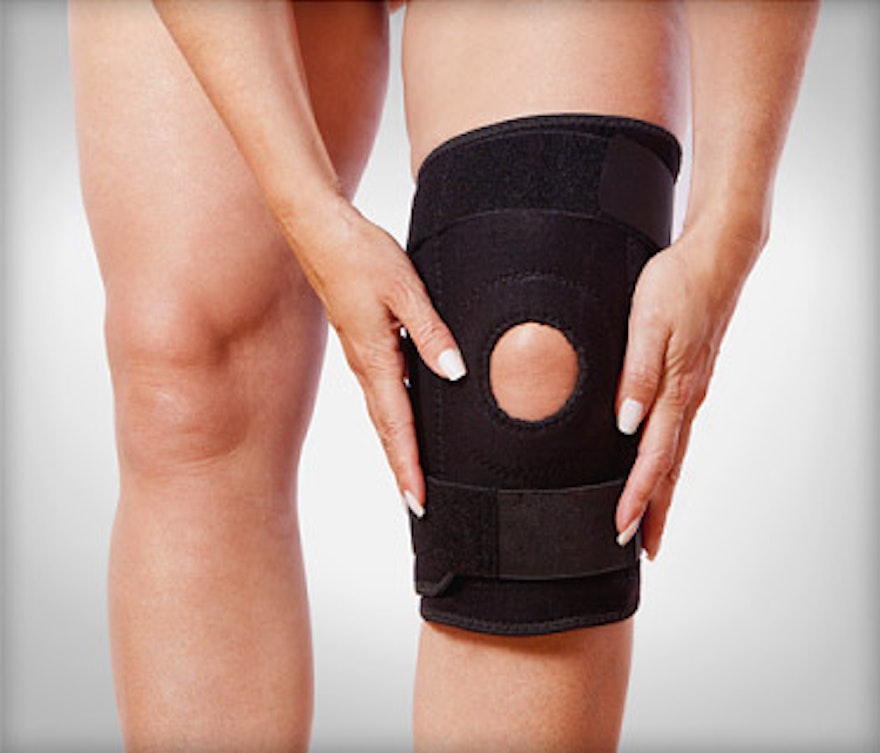Ligaments are short bands of tough, flexible tissue, made up of lots of individual fibres, which connect the bones of the body together. Ligaments can be found connecting most of the bones in the body. The function of a ligament is to provide a passive limit to amount of movement between your bones.
Torn Ligament
Ligament injuries in athletes are common and can occur at any joint. The knee and ankle are particularly vulnerable but it is sport specific. Ligaments are strained when the joint is stressed beyond its normal range. Common causes of a ligament injury include twisting or landing awkwardly. It is most common when the ligaments around a particular joint are at full-stretch can cause it to tear away from the bone. The most common torn ligaments are knee ligaments and ankle ligaments. This is because the joints are weight-bearing and under high stress with any change of direction sports or full contact sports.
The 3 Grades of Ligament Injury are:
- Grade I - mild ligament tear
- Grade II - moderate ligament tear
- Grade III - complete ligament tear

Symptoms of a Torn Ligament
Ligament injuries are normally related to trauma that overstresses the ligament beyond its load capacity.
- Traumatic cause.
- Sudden onset of pain and severe swelling.
- Subsequent joint instability.
- Impaired function eg can't walk, run or weight-bear.
Healing Time of a Ligament Injury
Treatment of a ligament injury varies depending on its location and severity.
Grade I sprains usually heal within a few weeks. Maximal ligament strength will occur after six weeks when the collagen fibres have matured. Resting from painful activity, icing the injury, and some anti-inflammatory medications are useful. Physiotherapy will help to hasten the healing process via electrical modalities, massage and exercise.
Your physiotherapist will guide your strengthening and joint range of motion exercises to return you to function quickly and help you to prevent a future re-injury.
Grade II sprains are more significant and disabling. These injuries require load protection during the early healing phase. Depending on the ligament injury this may include the use of a weight-bearing brace or some supportive taping is common in early treatment. This helps to ease the pain and avoid stretching of the healing ligament. Your physiotherapist or surgeon will guide you.
After a grade II injury, you can usually gradually return to activity once the joint is stable and you have sufficient muscle strength and control. This may commonly take 6 to 12 weeks depending on your injury and what sport or activity you atrewishiung to resume. Please seek the advice of your Physiotherapist or Orthopaedic Surgeon for what they recommend specifically for you and your injury.
Physiotherapy is highly recommended for all grade II ligament sprains to restore full post-injury function and prevent future instability that may predispose you to further injury.
Grade III injury is a very significant injury and we recommend the opinion from an Orthopaedic Surgeon to determine whether early surgical repair is required. If surgery is required, your rehabilitation will be guided by your surgeon and physiotherapist.
In non-surgical ligament injuries, you will usually need to protect the injury from weight-bearing stresses. The aim is to allow for ligament healing in a short/non-stressful position. Your rehabilitation will be slowly progressed to progress the repairing ligament as you and gradually return to normal activities.
Your optimal outcome will result from well-informed and specifically-guided physiotherapy. Depending upon your ligament injury, you may not return to your full level of activity for 3 to 4 months or even up to 12 months. Very severe ligament injuries can even take longer. Please consult your Physiotherapist or Orthopaedic Surgeon in all grade III ligament injuries.
